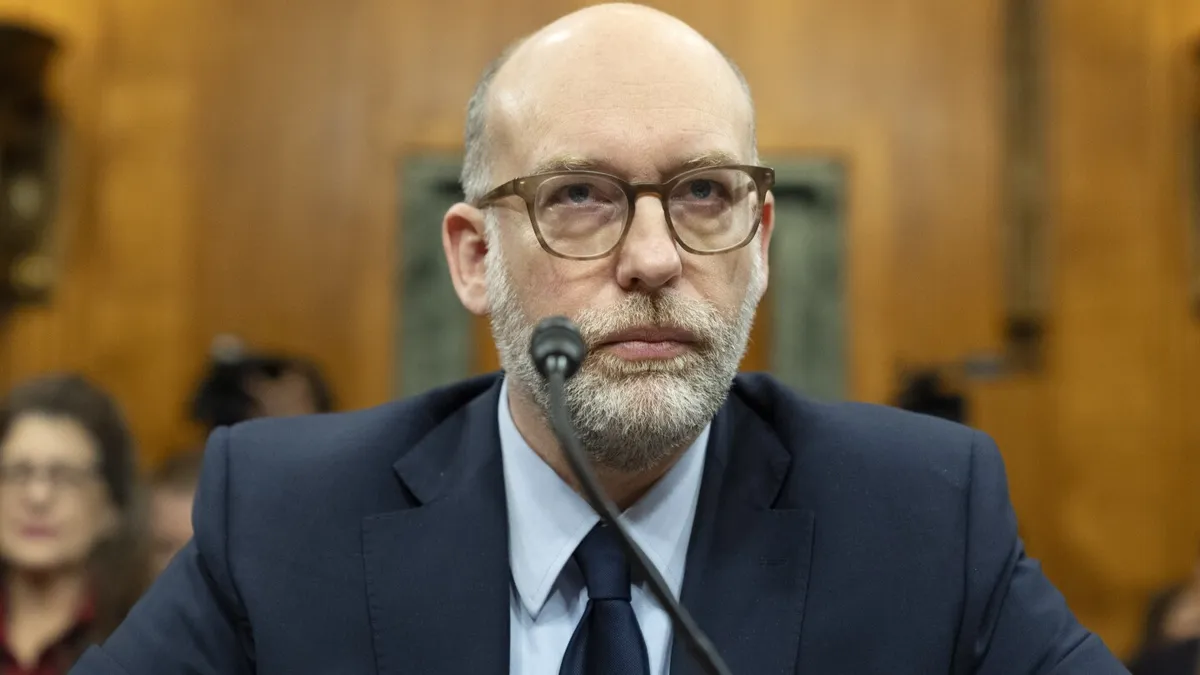
ATLANTA (AP) — The Trump administration's initiative to drastically reduce the size of federal agencies is primarily driven by a prominent figure within the conservative movement, Russell Vought. A key architect of this plan, Vought played a significant role during President Donald Trump's first term and has returned as the director of the influential yet underappreciated Office of Management and Budget (OMB) in Trump's second term. Vought is notably the principal author of Project 2025, a conservative governing blueprint that Trump previously claimed was not part of his agenda during the 2024 campaign.
The recent memo co-signed by Vought is a clear demonstration of his influence and aligns with his belief that the federal bureaucracy poses an existential threat to the nation. Vought argues that the federal government is "costly, inefficient, and deeply in debt," failing to deliver results for the American public while tax dollars fund unproductive and unnecessary programs. This perspective is consistent with his earlier writings in Project 2025 and a 104-page budget plan proposed by his think tank, the Center for Renewing America, in 2022.
In his writings, Vought emphasizes that the OMB should serve as a "President's air-traffic control system," asserting that the director must closely align with the President's vision. He describes the OMB as the "nerve center of the federal budget," with the power to control spending and manage government execution. Vought's approach, which he dubs "radical constitutionalism," aims to use the OMB to reform the administrative state.
Vought has expressed support for President Trump's proposal to empower figures like Elon Musk and Vivek Ramaswamy with significant influence over the federal government, describing them as bringing a "rush of creativity" and "outside the box thinking." Addressing concerns over the constitutional separation of powers, Vought argues for strong and opinionated leadership that can rapidly pursue its goals.
The latest OMB memo outlines a plan requiring agencies to submit an initial overhaul plan by mid-March, a deadline introduced by Trump. These so-called "Phase I" plans are followed by "Phase II" plans due by April 14, detailing future-state organizational charts and documenting reductions in positions, real estate, and contracts.
Although the latest OMB memo does not delve into religious texts, Vought, an outspoken conservative Christian, often incorporates his faith into his governing philosophy. The Center for Renewing America's 2022 budget outline begins with a quote from the Old Testament's first book of Samuel, critiquing the federal government's size and scope.